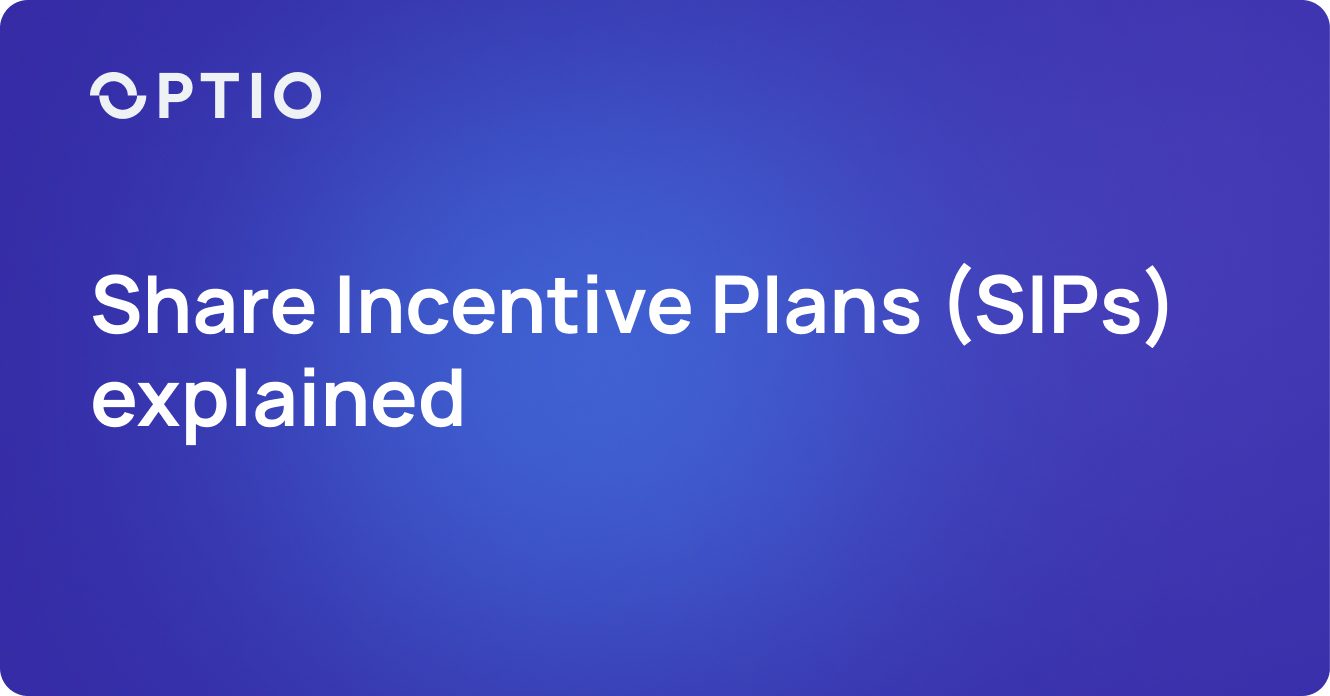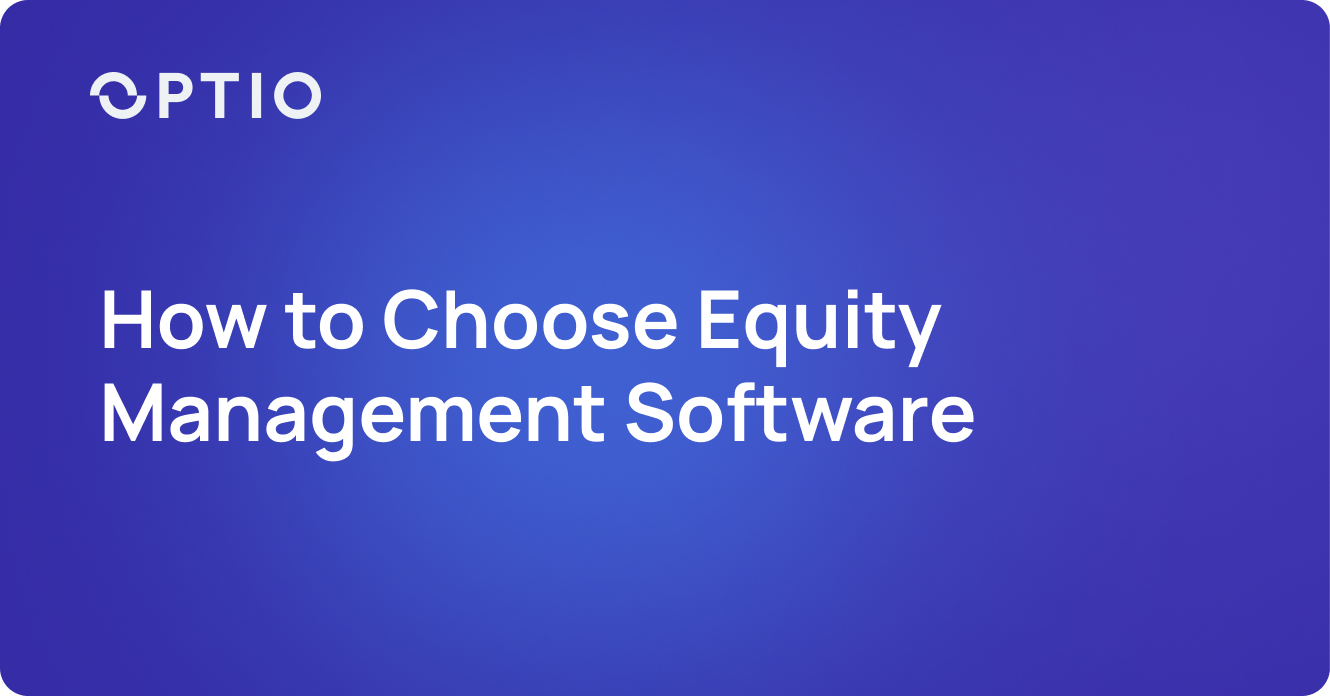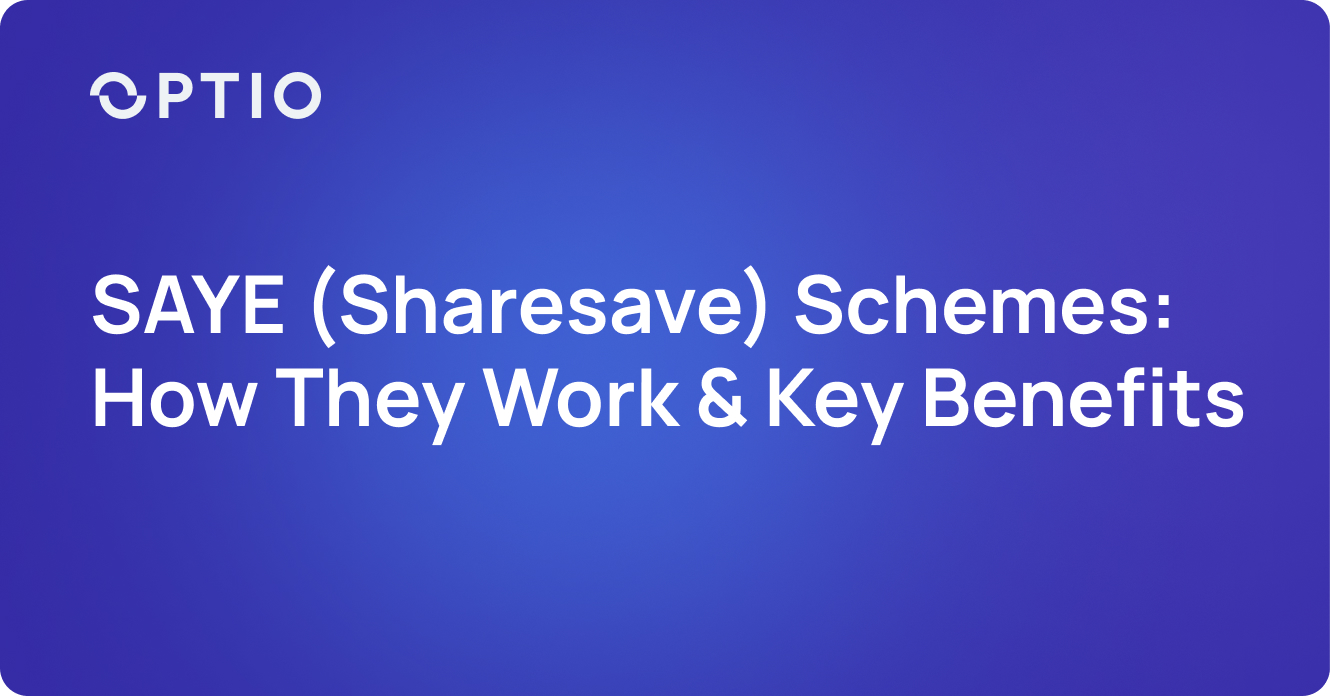Summary
A Share Incentive Plan (SIP) lets UK companies give or sell shares to employees with generous Income‑Tax and NICs relief, provided the shares stay in the HMRC‑approved trust for at least five years.
Annual limits (2025/26): £3,600 free shares, £1,800 (or 10 % salary) partnership shares, and up to 2 matching shares for each partnership share.
Share Incentive Plans (SIPs) are HMRC-approved schemes that allow UK companies to offer shares to employees in a tax-efficient way. SIPs were introduced in 2000 and are one of four government-approved share schemes available in the UK, alongside Save As You Earn (SAYE), Enterprise Management Incentives (EMIs), and Company Share Option Plan (CSOP) schemes.
In 2023, UK employees saved approximately £370 million in income tax and National Insurance contributions (NICs) through participation in SIPs. On average, each employee received £220 worth of shares, with awards granted to hundreds of thousands of workers across industries. These figures highlight the growing impact of SIPs as a practical and widely used solution in the UK.
What is a Share Incentive Plan?
Share Incentive Plan (SIP) is a UK government-approved, tax-advantaged scheme that allows companies to offer shares to employees, promoting ownership and aligning employee interests with company performance.
Employees can get shares through:
- Receiving them for free or as a match from the employer (Free or Matching Shares)
- Buying them using pre-tax salary (Partnership Shares)
- Reinvesting dividends into more shares (Dividend Shares)
All shares are held in a dedicated SIP trust while they remain in the plan. If held for at least five years, employees pay no income tax or NICs on the value of the shares, making SIPs a valuable way to build ownership and long-term financial benefits.
Key Components of a Share Incentive Plan
Every Share Incentive Plan is built on four key components that benefit both employees and employers: free shares, partnership shares, matching shares, and dividend shares. Each component is structured to encourage participation and maximize financial rewards.
Free Shares
Free shares allow employees to receive shares at no personal cost. Each tax year, employers can grant up to £3,600 worth of shares to eligible employees. If employees retain these shares in the SIP trust for at least five years, they can benefit from favorable tax treatment.
Free shares can be distributed equally among all eligible employees or allocated based on performance metrics, such as salary or length of service, ensuring fair distribution. A key condition is that employees who leave the company within three years of the award date may be required to forfeit their shares, unless they qualify as a "good leaver" under specific circumstances. This component not only enhances employee loyalty but also offers a direct path to financial growth linked to the company's success.
Partnership Shares
Partnership shares allow employees to purchase company shares directly from their pre-tax salary. These deductions are exempt from income tax and NICs, offering immediate savings. Employers can set an annual purchase limit of £1,800 or 10% of the employee’s salary, whichever is lower.
For example, Sarah earns £30,000 annually. She can purchase up to £1,800 in partnership shares (the lower limit) using pre-tax income, saving approximately £500 in tax and NICs.
Employees can opt for monthly purchases or accumulate their contributions to buy shares at a potentially opportune moment, such as when the market value is lower. This feature strengthens an employee's connection to the company by reducing their initial investment cost. When held in a trust for five years or more, partnership shares provide full tax benefits, enhancing long-term returns.
Matching Shares
Matching shares serve as an incentive for employees who participate in the partnership shares component. For every partnership share an employee buys, a company can offer up to two free matching shares. This powerful incentive significantly boosts employee participation. The exact ratio of matching shares can vary based on company policy and financial performance.
These shares also come with valuable tax advantages, as the costs are deductible against the company's corporation tax. To receive the full tax benefits, matching shares must be held in the SIP trust for at least three years, with maximum relief available after five years. If an employee withdraws their partnership shares prematurely, they may forfeit the corresponding matching shares—a policy designed to reinforce long-term commitment.
Dividend Shares
Dividend shares allow employees to reinvest dividends earned from their free, partnership, or matching shares to acquire additional shares. This reinvestment is fully tax-efficient, provided the shares remain in the SIP trust for at least three years.
By opting to reinvest, employees can leverage the power of compounding growth without an immediate liability for income tax or NICs on the dividend amount. Dividend shares are an excellent way to maximize the benefits of a SIP, enabling employees to systematically increase their stake in the company and align their investment goals with its long-term performance.
Tax Implications of Share Incentive Plans (SIPs)
SIPs are one of the most tax-efficient ways for UK employees to acquire company shares. When shares are held in a SIP trust for at least five years, employees pay no income tax or NICs on their value. Shares removed earlier may still qualify for partial tax relief depending on the holding period and reason for withdrawal.
For employers, SIPs offer significant tax savings. Companies can claim corporation tax relief on:
- Salary deductions used to purchase partnership shares
- The value of matching and free shares awarded
- Administrative costs associated with running the plan
Additionally, employees can transfer up to £20,000 worth of SIP shares into an Individual Savings Account (ISA) without triggering any tax liabilities, offering even greater long-term tax efficiency.
Because tax advantages increase the longer employees stay in the plan, SIPs also serve as a retention tool. However, these benefits are conditional on meeting strict compliance rules, such as filing the SIP with HMRC within 92 days of launch and properly managing dividend reinvestments.
|
Stakeholder |
Benefit |
|
Employee |
|
|
Employer |
|
Comparison of the four SIP share types
|
Share type |
Annual limit |
Tax relief at grant |
Withdrawal 0-3 yrs |
Withdrawal 3-5 yrs |
Withdrawal ≥ 5 yrs |
|
Free shares |
£3,600 |
No Income Tax/NICs |
Pay tax/NICs on market value at removal* |
Pay tax/NICs on lower of market value at grant or withdrawal* |
No tax/NICs |
|
Partnership shares |
£1,800 or 10 % salary |
Deducted from gross salary (pre-tax) |
Tax/NICs on market value |
Tax/NICs on lower of salary deducted or market value |
No tax/NICs |
|
Matching shares |
Up to 2 × partnership shares |
No Income Tax/NICs |
Treated like free shares |
Treated like free shares |
No tax/NICs |
|
Dividend shares |
All cash dividends on SIP shares |
No tax on reinvested dividend |
Tax on original dividend if removed < 3 yrs |
No tax |
No tax |
* No income tax or NICs are payable on your plan shares if you leave the company due to injury, disability, redundancy, retirement, death, or transfer of business (TUPE)
Advantages of SIPs
Share Incentive Plans (SIPs) offer several practical advantages for both employees and employers.
For employees
SIPs provide a tax-efficient way to acquire shares in their company. Employees who hold shares for the required period—typically five years—can benefit from full relief on income tax and NICs. They can also reinvest dividends into additional shares tax-free if held for at least three years.
Because SIPs are inclusive by design, all qualifying employees, regardless of position or seniority, can participate. Over time, this creates opportunities for employees to build wealth, gain a stronger sense of ownership, and feel more invested in the company's success.
For employers
SIPs serve as a cost-effective alternative to traditional salary increases or bonuses. The tax treatment allows companies to claim corporation tax relief on share awards and related administrative expenses.
By offering shares instead of cash, employers can align staff incentives with company performance and improve long-term retention.
SIPs are flexible and available to both public and private companies. Companies can adjust the structure annually to match their business needs.
As a result, SIPs can help build a more unified and engaged workforce while managing compensation costs efficiently.
Disadvantages of SIPs
Despite their strengths, SIPs do come with certain drawbacks.
Setting up a compliant SIP requires legal and tax expertise, which can be costly and time-consuming, especially for smaller businesses. Ongoing administration must meet strict regulatory requirements, including deadlines for HMRC filings and accurate payroll handling of dividend reinvestments.
Employees must also commit to holding their shares in the SIP trust for a fixed period, usually three to five years, to receive full tax benefits, which may reduce short-term liquidity.
There’s also market risk: if the company’s share price declines, employees could see the value of their shares fall.
In some cases, Capital Gains Tax may apply when employees sell shares after removing them from the plan, unless specific exemptions are used (e.g., ISA transfers).
Making the Most of SIPs
A clear understanding of Share Incentive Plans is crucial for any organization in the UK looking to optimize its compensation and benefits strategy. These plans offer substantial financial rewards and cultivate a powerful sense of ownership and motivation among employees. By evaluating the different types of share awards, their tax implications, and their mutual benefits, companies can make informed decisions that align with their strategic goals.
________________________________________
Frequently Asked Questions
How do SIPs work?
Employees receive or buy shares held in a trust. After a set holding period, they may withdraw the shares tax-free, depending on plan rules and timing.
What are the tax implications?
Employees can avoid income tax and NICs if shares are held for at least five years. Early withdrawals may trigger tax liabilities.
Are SIP dividends taxable?
Dividends can be reinvested into more shares tax-free within the SIP. If taken as cash, they are typically subject to dividend income tax.
What challenges do companies face with SIPs?
Challenges include meeting HMRC requirements, managing tax relief claims, and navigating rules for subsidiaries. Planning ahead and expert advice can reduce these risks.
Can part-time employees participate in SIPs?
Yes, SIPs must be offered to all employees, including part-time workers, provided they meet any minimum employment criteria (typically up to 18 months) set by the company.
What happens to shares if I change jobs?
If you leave your employer, SIP shares held less than five years may attract Income Tax and NIC charges. Shares held longer than five years are typically tax-free upon withdrawal.



